According to the author of the article, Kim Jaewon - a reporter for Nikkei Asia in Seoul, Koreans now consider dogs as companions, not food. Let me introduce it to you.
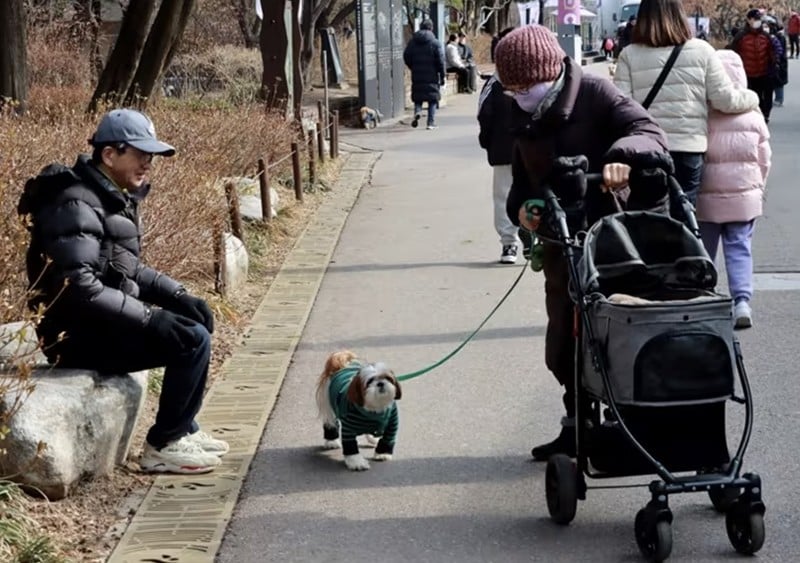 |
For some Koreans, dogs are like their children. (Photo by Ahn Seong-bok) |
My grandmother loved dog meat stew. I remember she enjoyed dog meat takeaway as a birthday present and asked me to eat it too - I didn't like the unique taste. For older Koreans, dog meat is soft and delicious. But for many young people, it is a taste of the past.
My grandmother wasn't the only one who enjoyed dog food. When I was a teenager, members of my local church would eat dog stew together after Sunday service, as a special treat.
In Korea, this dish is called "health-boosting stew" or "nutritious stew" because it is believed that it can help people recover from illness or injury.
Dog meat is still eaten in some Asian countries, according to Humane Society International, a UK-based NGO . But it is South Korea that has drawn the most criticism in the West, where most people regard dogs as pets and companions.
Park Ji-sung, the star South Korean midfielder who played for Manchester United from 2005 to 2012, endured jeers when fans of the Premier League club sang a song mocking his country's dog-eating habits.
When South Korea hosted the Winter Olympics in Pyeongchang in 2018, the government asked local restaurants to remove dog meat from their menus to avoid offending Western tourists, a sign of change.
Two decades after my grandmother passed away, her favorite dish is on the verge of extinction as most Koreans no longer consider dogs a food source. Increasingly, we see them as friends or family members – one-fifth of the population now keeps dogs as pets.
For some Koreans, dogs are like their children. A friend with two dogs told me that if war broke out, he would not flee to a shelter because dogs are banned. “I raised them like my children. How could I abandon them even if war broke out?” he said.
Cuckoo is my 2-year-old white Jindo—a medium-sized Korean dog with erect ears. I take him for a 30-minute walk to the nearby park every day, one of my favorite things to do. He loves to sniff the grass, chase cats, and run through the trees. The dove jumps with joy when I get home. I bring Cuckoo beef bones after eating at a beef restaurant, and I can’t imagine life without him. He is truly my family.
In January, South Korea's National Assembly voted almost unanimously to end the slaughter of animals for meat, an unusual show of bipartisanship in the country's increasingly polarized parliament.
Lawmakers from both the ruling People's Power Party and the opposition Democratic Party of Korea have sought the change, a campaign pledge by President Yoon Suk-yeol. Kim Keon-hee, South Korea's first lady, known for her advocacy for animal welfare - including caring for abandoned dogs and cats - has also pushed for the change.
From 2027, anyone who kills a dog for food will face up to three years in prison or a maximum fine of 30 million won ($22,780), and anyone selling food containing dog meat or other dog-derived ingredients could face up to two years in prison or a fine of 20 million won.
“This Act aims to contribute to improving animal welfare and harmonious coexistence between humans and animals,” the law says.
I don't judge my grandmother's preferences, but if she were still alive, I would have to tell her how I feel. "Grandma, I know you like dog stew. But it's time to say goodbye."
Source





![[Photo] Ho Chi Minh City is brilliant with flags and flowers on the eve of the 1st Party Congress, term 2025-2030](https://vphoto.vietnam.vn/thumb/1200x675/vietnam/resource/IMAGE/2025/10/10/1760102923219_ndo_br_thiet-ke-chua-co-ten-43-png.webp)
![[Photo] Opening of the World Cultural Festival in Hanoi](https://vphoto.vietnam.vn/thumb/1200x675/vietnam/resource/IMAGE/2025/10/10/1760113426728_ndo_br_lehoi-khaimac-jpg.webp)
![[Photo] General Secretary attends the parade to celebrate the 80th anniversary of the founding of the Korean Workers' Party](https://vphoto.vietnam.vn/thumb/1200x675/vietnam/resource/IMAGE/2025/10/11/1760150039564_vna-potal-tong-bi-thu-du-le-duyet-binh-ky-niem-80-nam-thanh-lap-dang-lao-dong-trieu-tien-8331994-jpg.webp)
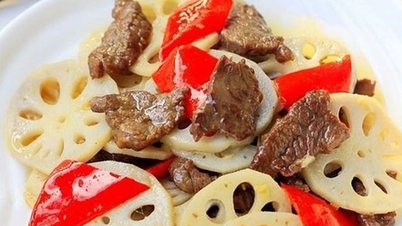

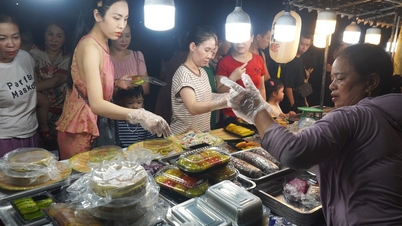












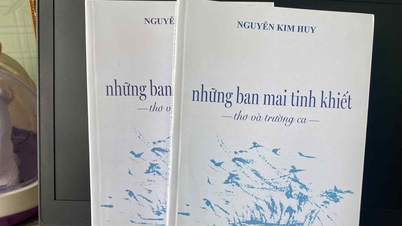


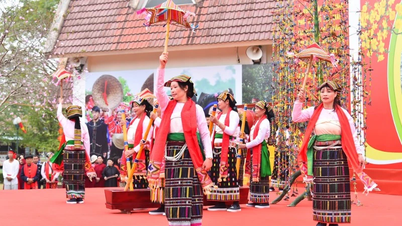





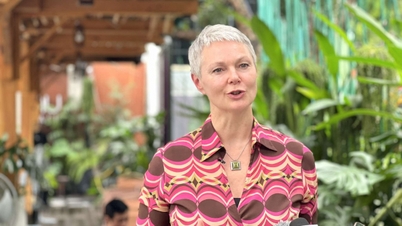

































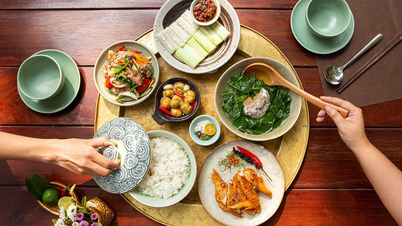





















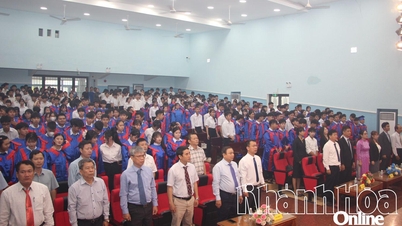

















Comment (0)